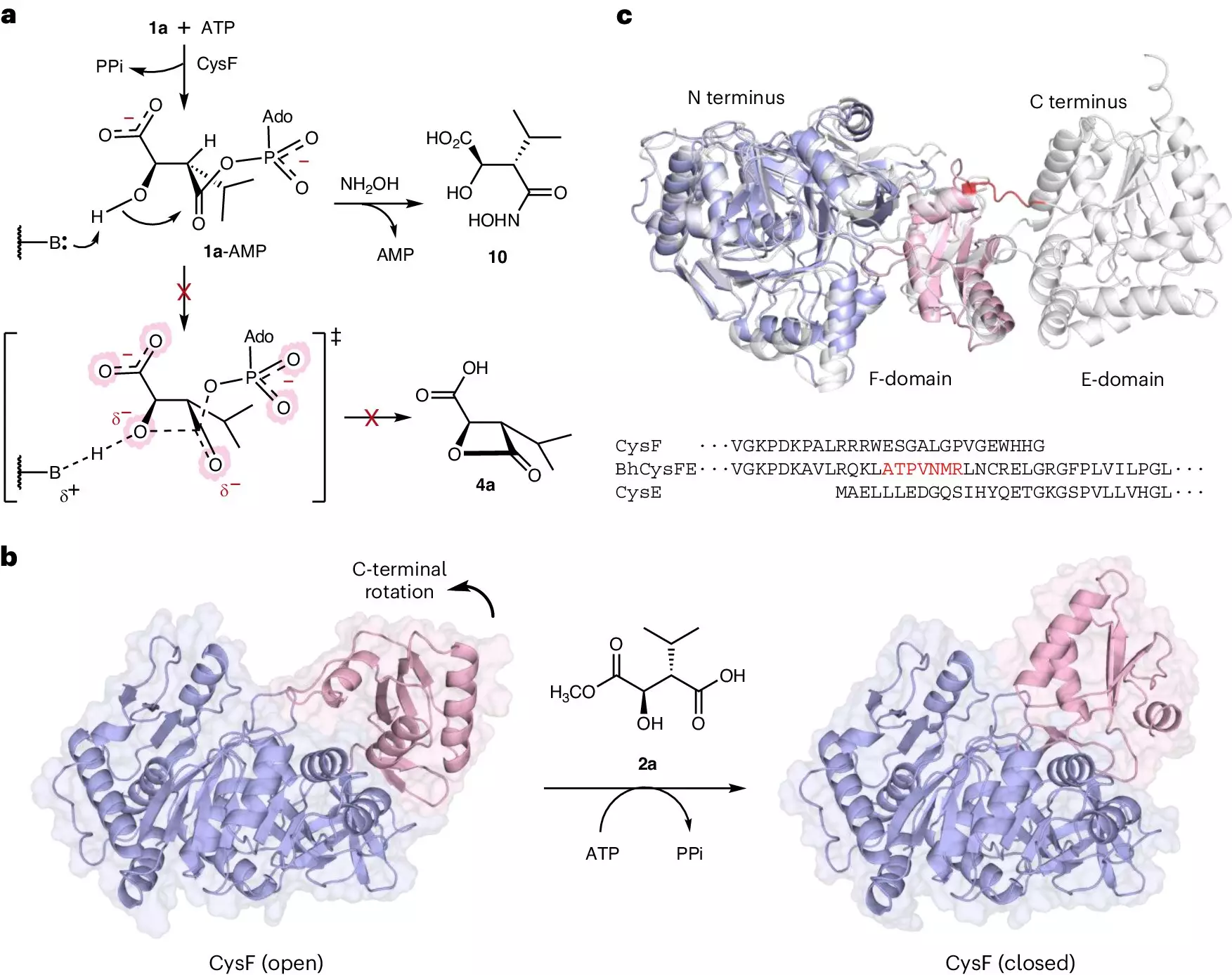In the evolving landscape of modern medicine, peptide-based therapies have emerged as a beacon of hope for treating serious conditions, including various cancers and metabolic diseases like diabetes. These biologically active compounds, composed of short chains of amino acids, have inherent qualities that make them exceptional for therapeutic use. They serve not only as treatment agents but also as critical components in vaccine development and nanotechnology applications. However, the traditional methods of synthesizing these peptides have presented significant challenges, primarily due to their complexity and the environmental ramifications linked to chemical production processes.
A Breakthrough in Peptide Synthesis
In a significant advancement, researchers at the University of Manchester have unveiled a groundbreaking method that promises to reshape the production of peptide-based medicines. Their findings, detailed in the prestigious journal Nature Chemical Biology, spotlight a novel family of ligase enzymes — essentially molecular tools that function by joining peptide fragments more efficiently. This revolutionary approach aids in assembling peptide sequences with far greater efficacy than previously utilized methods, offering a dual advantage: enhanced therapeutic potential and minimal environmental footprints.
Professor Jason Micklefield, who spearheaded this research initiative, articulated the transformative nature of this discovery, stating that these new ligases facilitate the production of biologically active peptides in a streamlined process. This opposes the former labor-intensive, multi-step synthesis that often yielded suboptimal amounts of therapeutic peptides, burdened with high costs and considerable waste.
Addressing Environmental Concerns
One of the most compelling attributes of this newly developed synthetic method is its environmentally friendly profile. Existing peptide synthesis techniques typically rely on toxic reagents and generate a hefty amount of hazardous waste, which poses a serious threat to ecological health. In stark contrast, the Manchester team’s ligase-based process is clean and capable of producing high yields of peptides without the accompanying environmental toll. This shift toward a sustainable production model encapsulates not only an innovative stride in medicinal chemistry but also aligns with the global imperative for greener science.
An Innovative Discovery Process
The researchers delved into the genomic data of simple bacteria to unearth ligase enzymes that play pivotal roles in natural peptide assembly. By isolating, characterizing, and testing these enzymes, they opened a gateway to assembling diverse peptide compounds more simply. Furthermore, their research unveiled previously unidentified clusters of ligases possibly engaged in alternative peptide pathways, providing a comprehensive roadmap for future medicinal peptide synthesis. Dr. Guangcai Xu, a collaborator on this insightful project, emphasized the vast potential these ligases hold in crafting longer and more complex peptide chains suitable for various therapeutic applications.
Collaboration and Future Directions
The implications of this research extend beyond the laboratory; the team at Manchester is focused on optimizing their newly discovered ligase enzymes to maximize efficiency for large-scale production. Their intent to partner with leading pharmaceutical companies signifies a proactive step toward implementing this innovative technology in real-world medicinal applications. Such collaborations are crucial in translating laboratory breakthroughs into commercially viable products that can address pressing healthcare needs.
The discovery from the University of Manchester not only enhances the landscape of peptide-based therapies but also underlines a significant shift toward sustainable practices in pharmaceutical manufacturing. This innovation resonates well with the increasing demand for eco-conscious approaches to drug development while holding promise for a future where effective medicines are generated with minimal environmental impact. The impact of this research is bound to ripple through the healthcare sector, fostering a more sustainable and efficient framework for peptide synthesis that could change patient care for the better.

